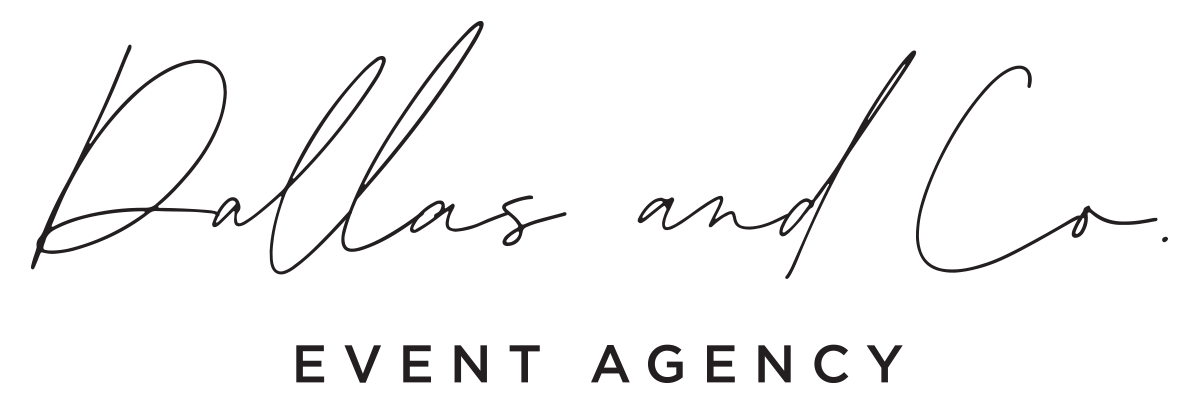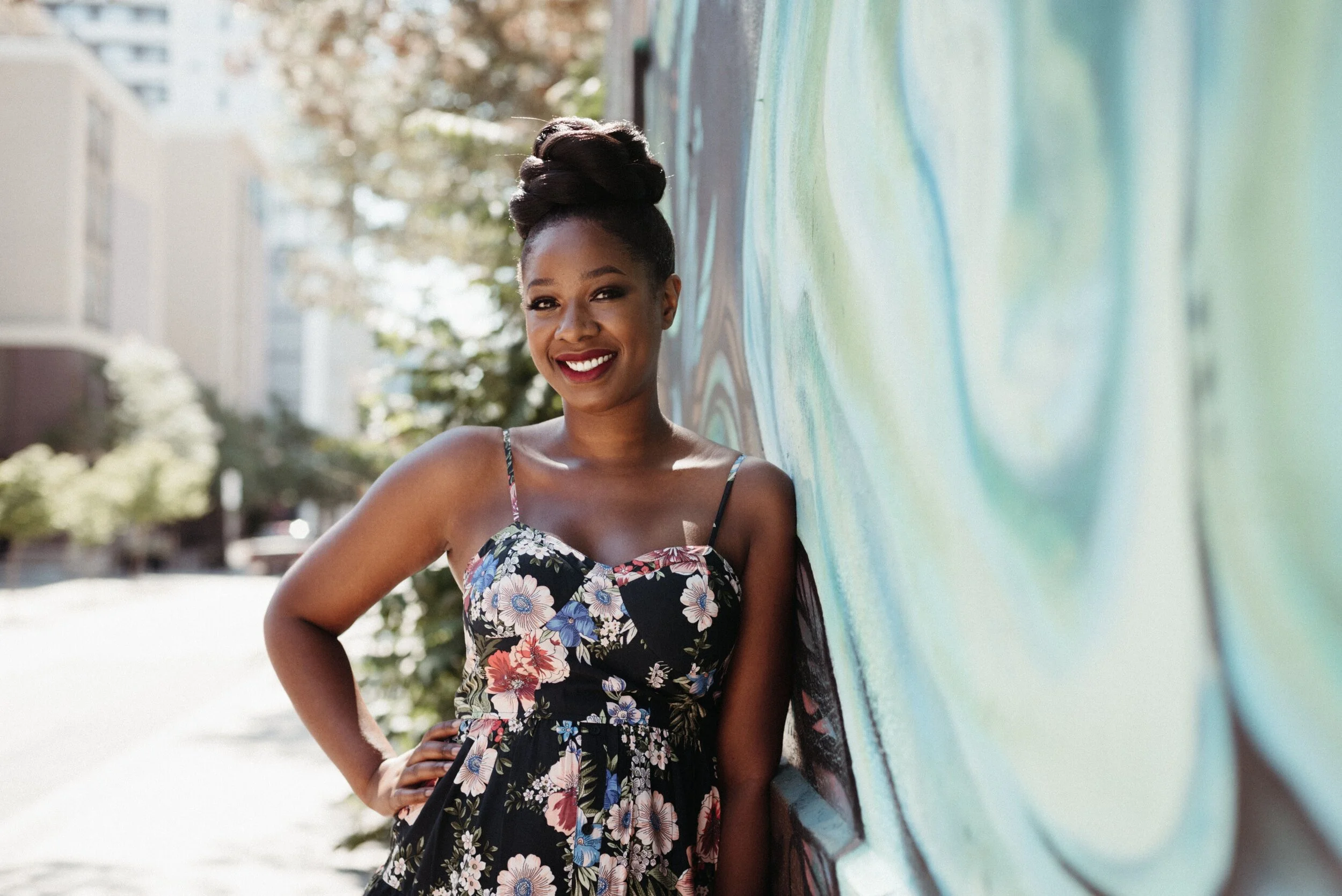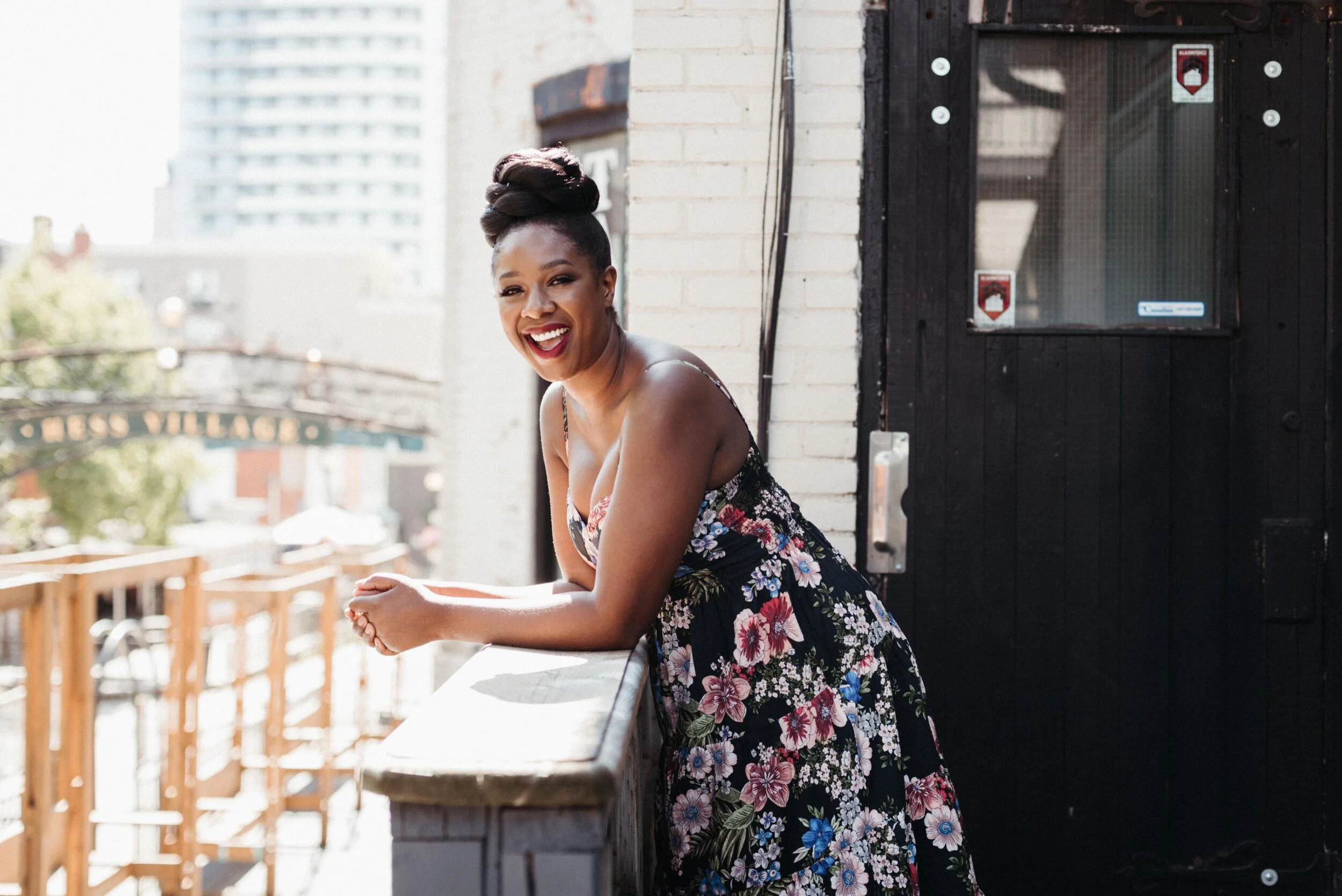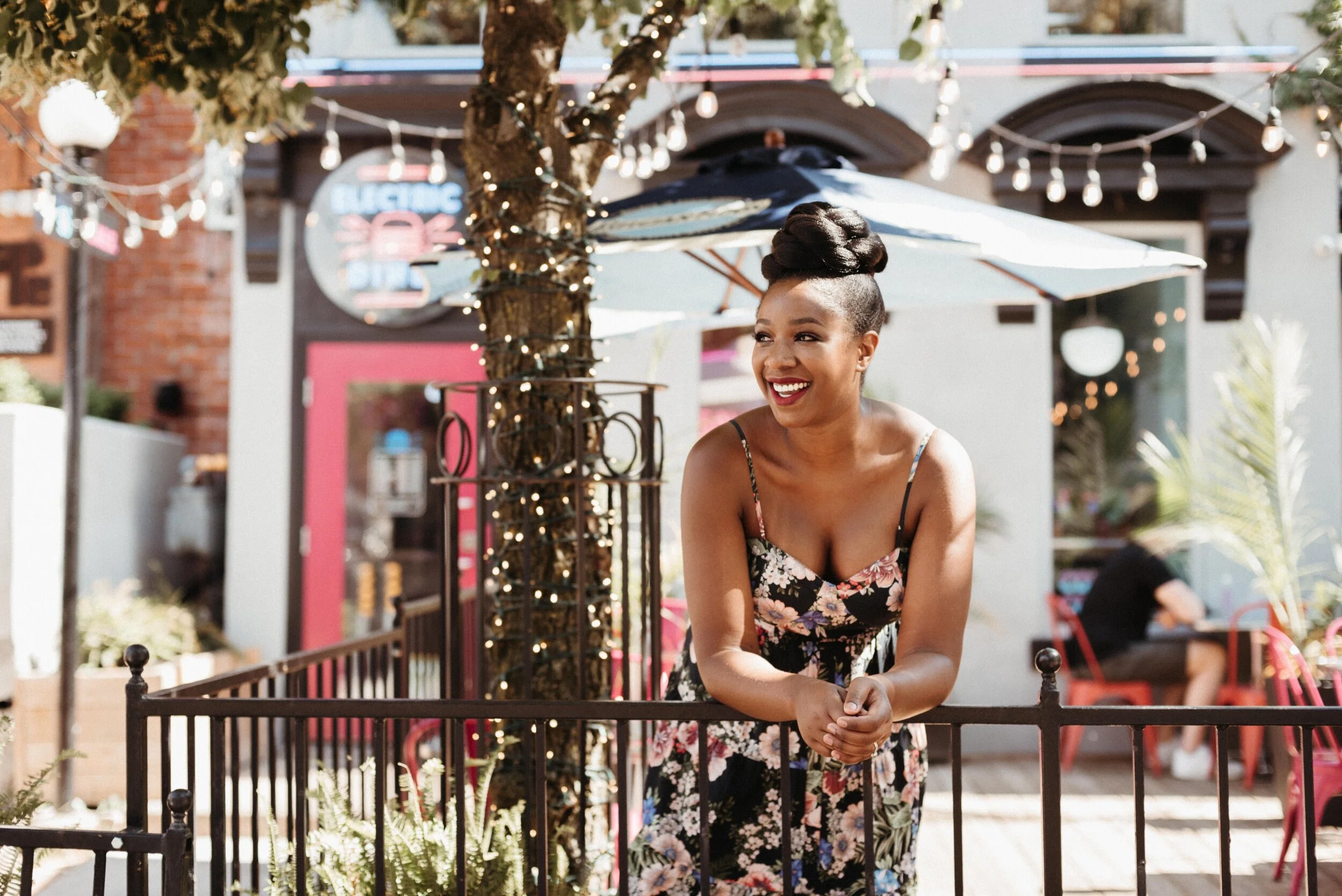Check Yourself, with Tylar Bertie
As a young girl growing up in Scarborough, Tylar Bertie remembers the first time she was called the N-word. She knew it was a bad thing to say, and that it was an especially bad thing to say to a black person, but she didn’t fully understand the context of it – and likely neither did the fourth grader who said it to her on the playground that day. Tylar felt outraged, confused, but not necessarily hurt. She says, at the time, perhaps if she understood the suffering that word caused her people over the years, she would have felt the weight of it. But after being brushed off by the principal when she explained what happened, the hurt poured over her.
“We’re going through a shift right now where people are eager to listen for the first time in a really long time.”
-Tylar Bertie
Tylar was told to figure out a solution and to stay away from this boy. She was asked what she had done to provoke him and to learn how to handle her own problems. The principal suggested she didn’t have to tell on everything. There were a lot of questions running through Tylar’s young mind in that moment: Am I being a tattle tale? Should I have kept this to myself? Should I have just told my parents? It was a really strange feeling when she left the office that day. She felt a complete disregard. “That part was really hurtful, but it wasn’t necessarily all that strange because I felt that we were often dismissed”.
Tylar and I met 15 years ago when we both worked at the Soho Metropolitan Hotel downtown Toronto. I always admired Tylar’s poise, professionalism, composure, and to me, she conveyed such strong feminine character. She was born in Scarborough and lived there until she was 10 when her family moved to Richmond Hill. She went to school in Dayton, Ohio on a soccer scholarship for four years and studied Business Management. She lived and worked downtown Toronto in her late twenties and for most of her thirties. Today, Tylar lives in Stoney Creek with her husband, Shaun and their three beautiful daughters, twins, Indie and Elle, 2 and Aliyah, 1.
Growing up, Tylar was often the only (or one of the only) black girls in her school so she mostly had white friends. In speaking with Tylar, she shared that her blackness and being black in general was not something she and her friends talked about. Every February during Black History Month Tylar both dreaded and looked forward to it. She dreaded all the sympathetic looks she would get from her classmates, the “her family were slaves” comments under their breath, and the outright “I don’t care” attitude most kids had. On the other hand, Tylar secretly looked forward to February hoping they would be ashamed for what their people had done to hers. But mostly she felt singled out and embarrassed when she would get the pity looks across the room. She remembers wanting to shrink up and vanish so people would stop looking at her or want to touch her skin or her hair.
There was never any kind of real discussions or real realizations when it came to the teachings at school. Above anything, it was always incredibly uncomfortable. Meanwhile, Tylar’s parents made sure she and her sister were informed. They did not shield them from history, they made a point to watch documentaries together as a family. “These are the things my white friends didn’t watch. They only saw diluted snippets of these things every February in school. How nice it must be to live a life where these things don’t exist.”
There’s lots of good people out there with good hearts who still have certain views. And who are still very biased without realizing it, and still operate on that bias.
It was overwhelming for Tylar to be on social media when the power of the Black Lives Matter movement went viral recently. “We’re going through a shift right now where people are really eager to listen for the first time in a really long time”. Tylar feels it is inspiring that people are becoming aware and also just wanting to be in the loop. She says that with so many who have been oblivious to this problem, social media is the engine that’s been pushing the message through because you can’t turn away from it. “Everything is being filtered through social media so it’s holding up a mirror to everybody and saying, listen this is what’s happening, you can’t just turn away anymore, you can’t just turn it off. It’s inspiring, it’s a bit maddening, it’s a rush of different emotions that I have. Seeing how passionate people are, people that you didn’t think that would be passionate about it. That part is inspiring.”
White privilege is something that Tylar has always known. Before leaving the house as a young girl, even just for a day at the mall with her friends, her parents would tell her to make sure she was good. Walk the straight and narrow and don’t mess up, because if something were to happen, the police wouldn’t be picking up her white friends, they would be picking up her. She would be constantly reminded to not act out in public because she would be the one singled out. Tylar says that although she never named the term of privilege back then, it is these memories that have always stuck with her and that she now understands as white privilege. Tylar’s husband, Shaun is from Vaughan, Ontario and he too has been living this issue for his entire life. Because he’s Black and a man, he’s experienced even more direct racism than Tylar. He’s been stopped by the police several times; neighbours have called the police with the only purpose being suspicion. Shaun and Tylar want a better world for their children (and in general) but they say they know that their blackness will always be a thing as long as they’re living.
Tylar shared with me that she recently received calls from two of her white friends apologizing on behalf of the white community and being blind to their own privilege. As well as acknowledging a new understanding to certain issues and feeling really guilty about not being awakened sooner. “I know that at the end of the day they’re good people with good hearts and they’re not malicious but that’s also sort of the point. There’s lots of good people out there who still have certain views who are still very biased without realizing it and who still operate on that bias. That’s actually the whole point about white privilege. So, I’m glad that they can recognize it, I just don’t necessarily need an apology for it”.
A lot of the change we’re seeing today is coming from young people. It is time to unsubscribe to the outdated beliefs and teachings. It is our time to really empower each other and pull each other up. As an adult, Tylar continues to read, educate herself and understand the struggle within her community. As a wife and mother of 3 young girls, she takes on the responsibility of teaching them what the schools will not. She is the force that will raise strong, confident girls in a world that continues to tell us they don’t matter. Tylar wants her girls to understand that they can be anything they want, despite the stereotypes and the boxes they are placed in. “Hopefully, my girls will reap the benefits of the Black Lives Matter movement, but if not, I pass the baton to them to continue the fight. It’s what we’ve always done, and what we will continue to do”.
Tylar and I talked together about a number of occasions where she’s encountered unconscious bias and racial profiling in the workplace and even during job interviews. For example, she’s been asked questions that have nothing to do with the job, her qualifications, or even questions that are personality driven. For example, “What gets you angry in an office”, and, “how do you handle your anger”. As an executive leader myself, I have conducted hundreds of interviews over the past 15 years. Let me tell you, these are without a doubt, peculiar things to be asking a person in the role of executive assistant. We need to have black people on our executive list. If we don’t have anyone on that level, then the decision makers will continue to perform with unconscious bias.
One of the experiences that Tylar shared with me really resonated, as I have participated in numerous training programs while I was working in my corporate roles. Training programs often mean group conversations and speaking about yourself. She and her team were taking part in bias training. They were all sitting in a room and took turns sharing personal experiences with racism and prejudice (the group was relatively diverse). When it was her turn and she shared some of her experiences, one of her colleagues (a white female) responded by saying this: “We just have to use these opportunities to learn and consider it a teaching moment”. Tylar responded with grace and competence. “At what point do you ever learn the lesson? Every time somebody does something, I always hear the response, take this as a learning opportunity and do better next time. But it keeps happening, and no one seems to be learning the lesson. So, at what point do we as black people say, we’ve had enough. We’re done teaching and being the object of your experiment”.
The following day Tylar got pulled into her managers office. The manager asked if Tylar wanted to talk about anything as she had heard that Tylar was very upset (even though it was intended to be an open discussion). “When black people speak up and white people don’t want to listen it is interpreted as us being angry or having the issue”. This is not Tylars issue, and that’s the whole point. Her issue is that the expectation is for her to teach us about what’s right and wrong. After that experience, Tylar felt really uncomfortable. Is she not supposed to participate in open conversation? Did she offend someone? Is it assumed that she will apologize? Tylar left feeling like she had done something wrong. This was only two years ago.
Photography by, Robyn Russell
“We still have a long way to go. This time right now, people should feel inspired by the willingness to want to make a difference and understand the issue. I don’t think we’ve ever been here before; it doesn’t feel like we’ve ever been here before. Maybe my parents would feel differently but I know our generation hasn’t been here. We’re already all in quarantine together and now we’re all in this together - whether we like it or not. This is not going to end any time soon even after it stops trending. Continue to do your part and continue to educate and change your habits and help others in your circle do the same. And when you hear something, say something. At the end of the day, check your privilege, period. Check it. If you think you’re exhibiting or taking advantage of your whiteness you probably are. You can’t do anything about the colour of your skin, the same way I can’t, but acknowledging and knowing how to help somebody else with the privilege that you do have is going to be key”.
We as white people, we need to educate ourselves, that where it starts. There are many books, documentaries and movies available to us. We live in a world where information is everywhere, not to mention, a convenient click away. What are we waiting for? We can’t move forward until we truly understand where the black community comes from and knowing what role our own ancestors have played in this problem. We have to know it. School teaches us about slavery, but they miss the part about the humans and beautiful culture that was prominent before slavery. As white children, we are only learning about black history during the month of February. Learning about history, black history and indigenous people’s history is paramount to breaking that chain. We need to really get in there and understand it from a human perspective - this is key. We cannot look to the black community for the answer. We have to do the work. The ball is in our court to make the change.
Thank you for being here, Tylar & Dallas.
——-
Thank you, Tylar for your willingness to share your story with us and to Robyn Russell for your collaboration on this project.
[IG: @tyty_mua + @robynrussell]





